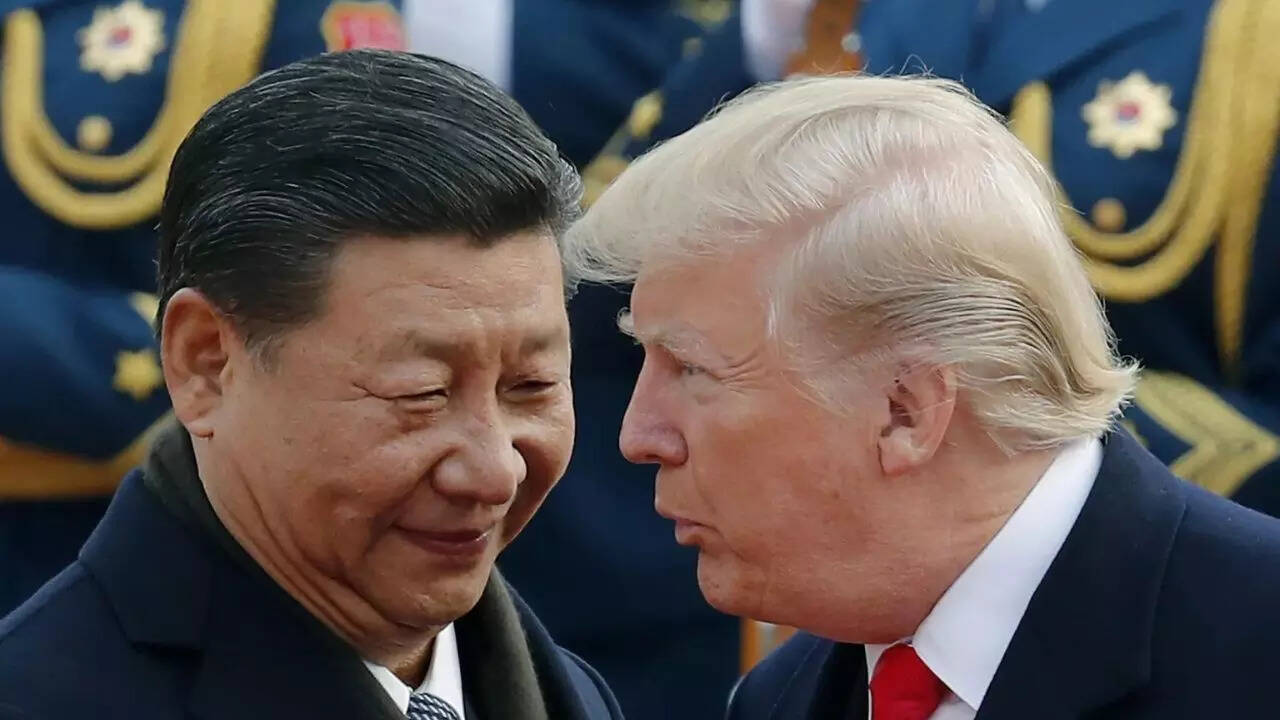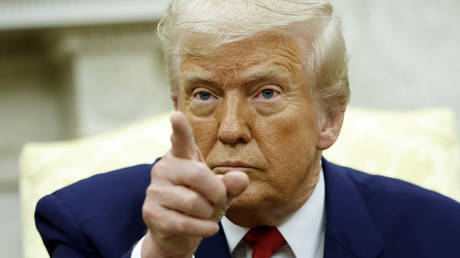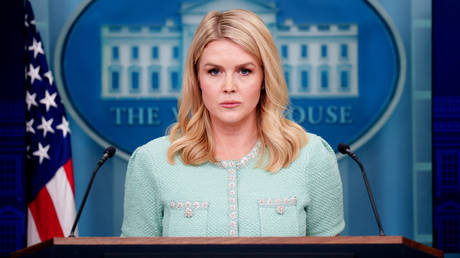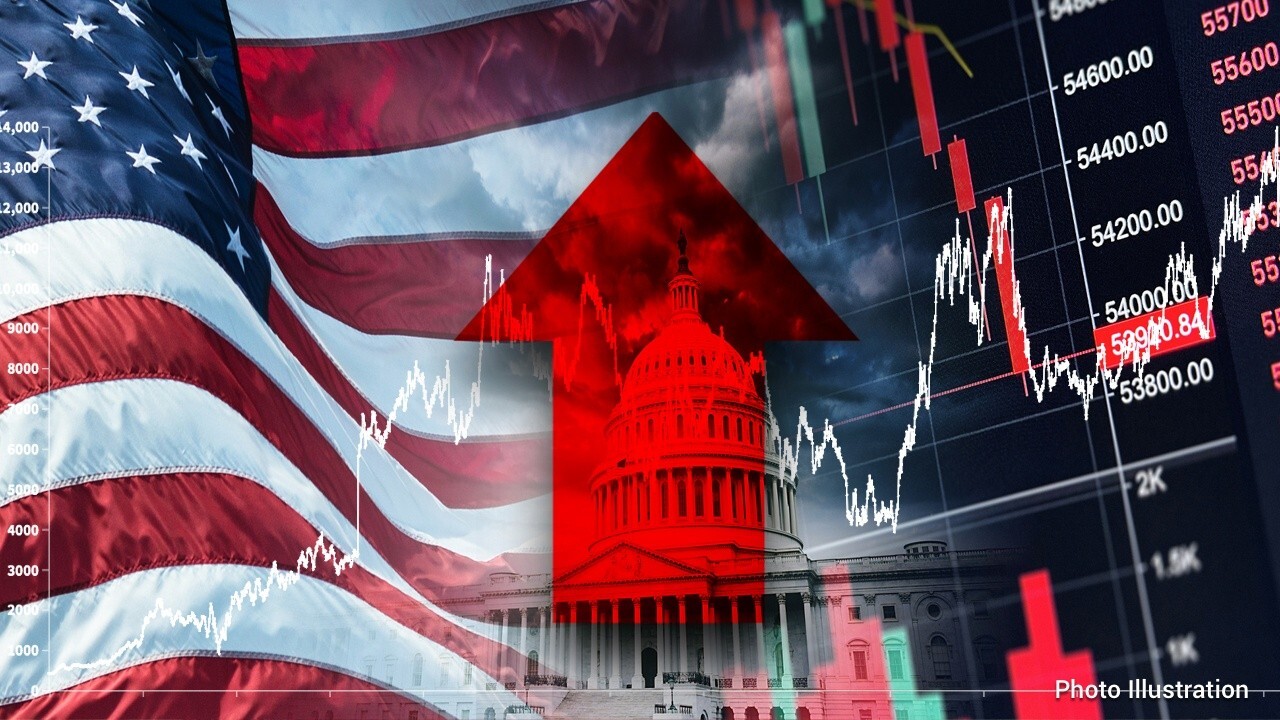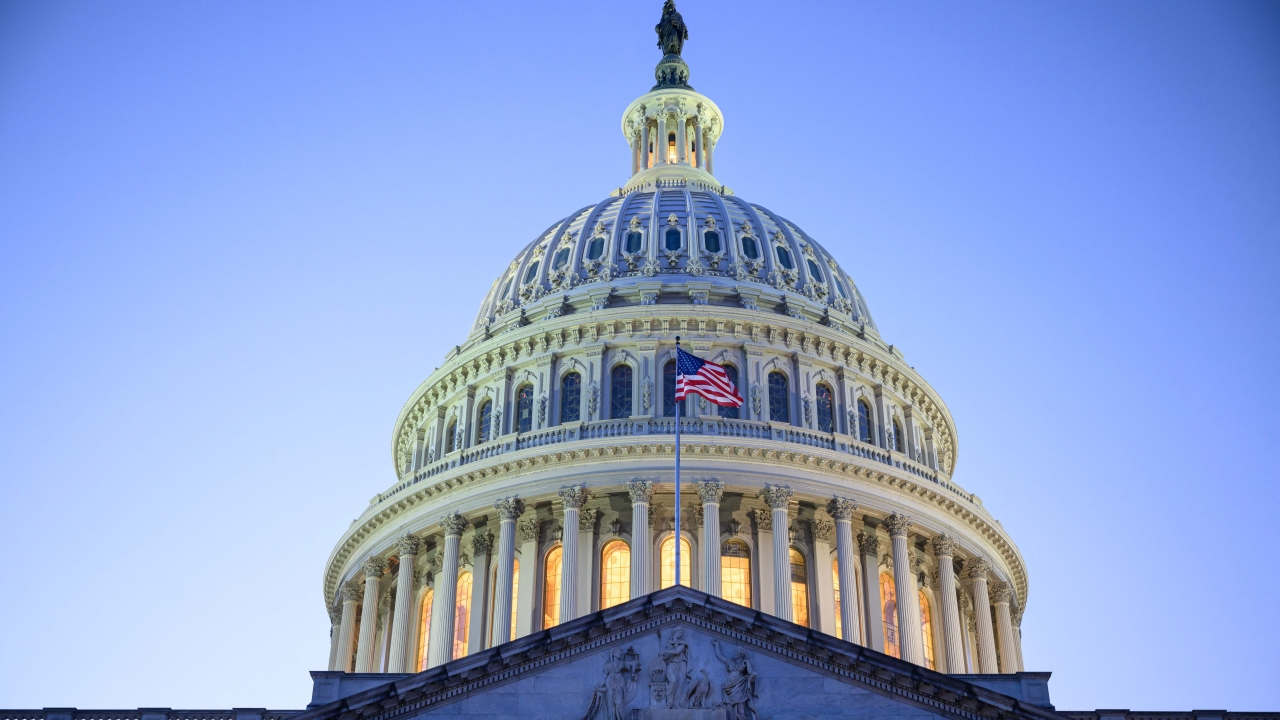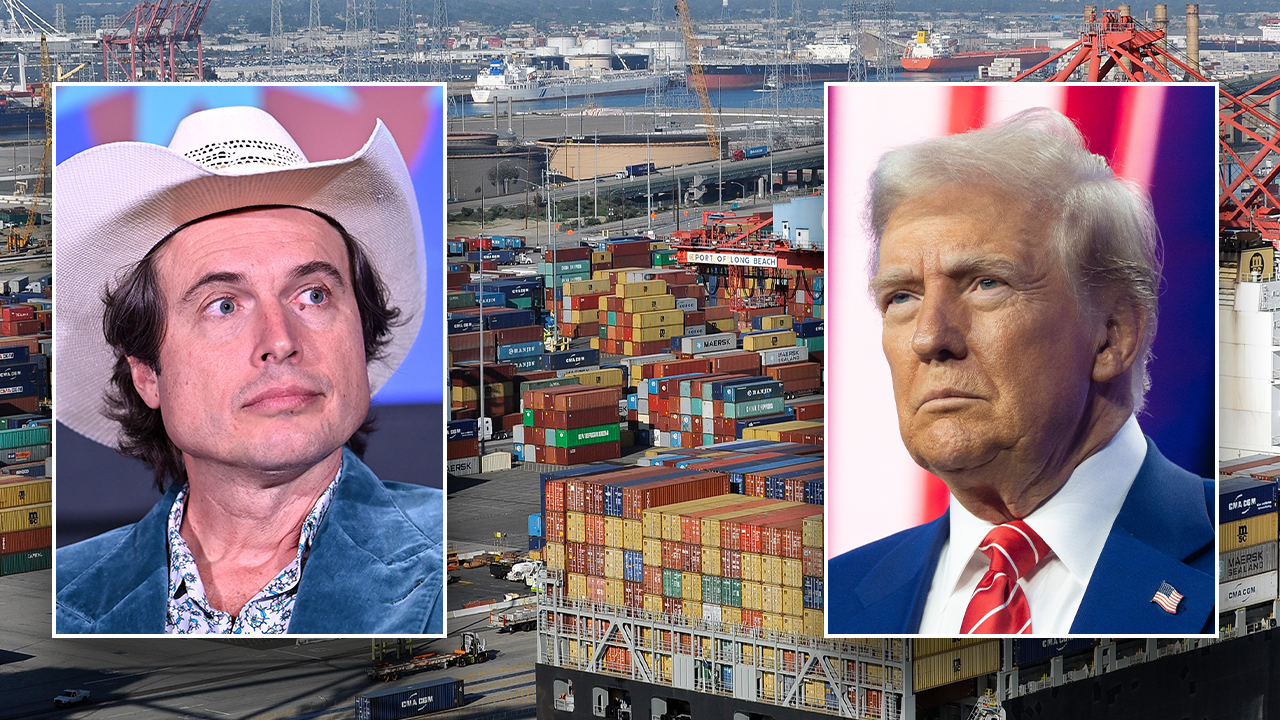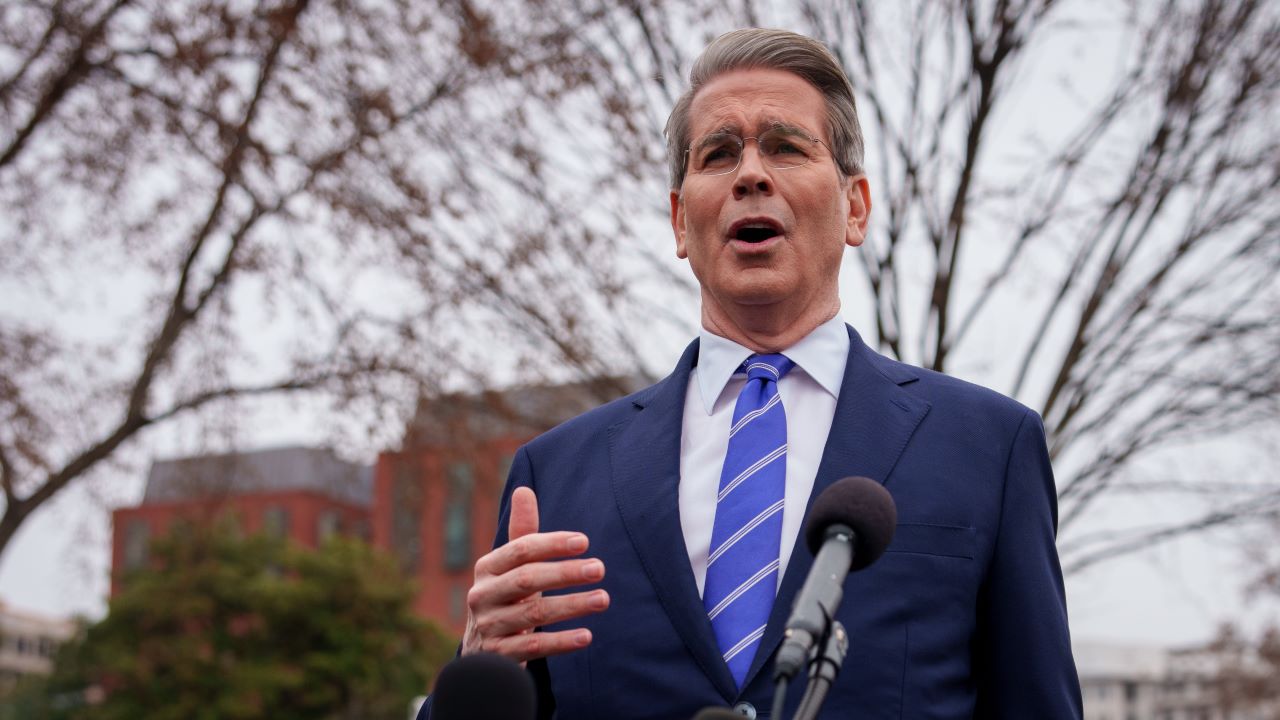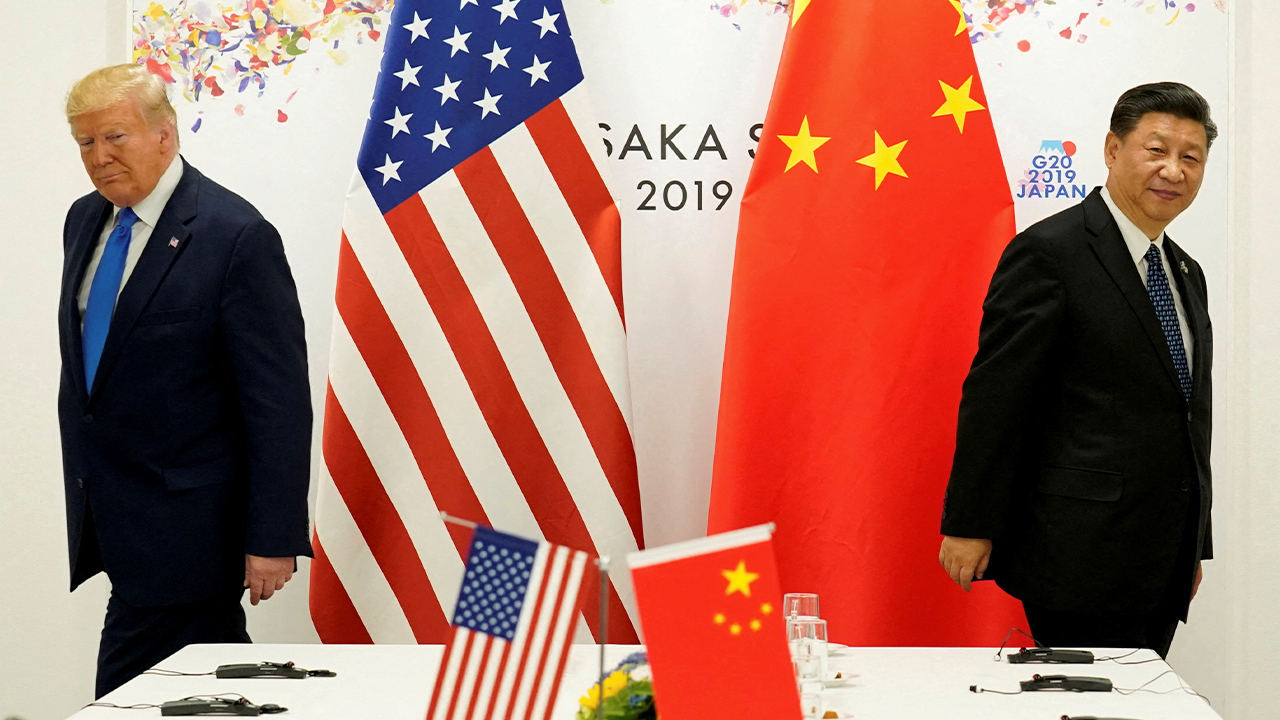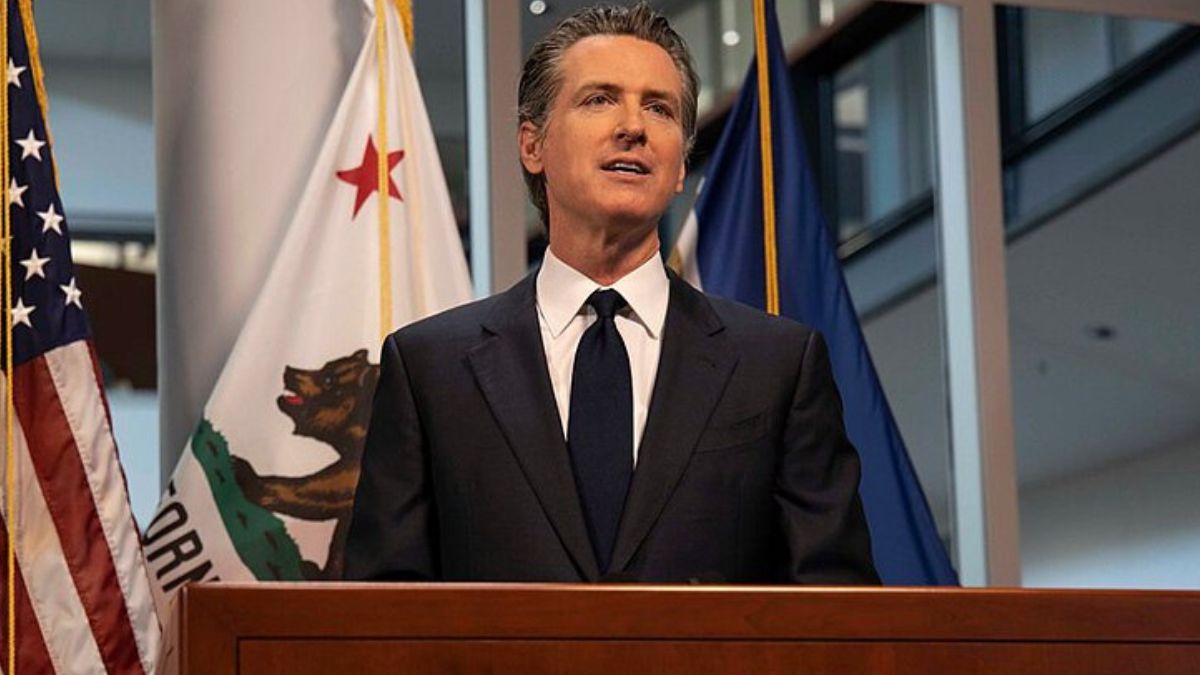A Perfect Case for Congressional Action
No one man should control the economy.

President Donald Trump sent the global economy into turmoil last week by imposing tariffs on all foreign goods arriving in the United States. Then he altered his own policy, announcing Wednesday that, excepting a 145 percent tax on goods from China and a 10 percent general tariff, he was pausing the new levies for 90 days. At a moment’s notice, another policy change or even a pointed social-media post from Trump could alter the global business climate, further deplete Americans’ retirement accounts, increase the already growing risk of a recession, undermine job security, and doom the fate of small businesses.
No one man should have all that power. But there is an obvious solution—one that has almost been forgotten in the second Trump term. Congress should do its job. The legislature is both duty-bound to address these risks and best-positioned to remedy them. Citizens, for their part, can pressure their representatives to do what’s right.
Trump was acting under the dubious theory that the International Emergency Economic Powers Act, passed in 1977, allows him to impose tariffs, which the law does not specifically mention, in an emergency. In his telling, America’s trade deficit qualifies as one. The Constitution, however, vests Congress with the power to levy tariffs. The Founders were wise in making that choice: Investors seek regulatory environments characterized by stability and the rule of law, not erratic patrimonialism. They build new factories when they are confident that trade policies will be in place for years, instead of changing every few days.
Members of Congress should fulfill their oath to defend the Constitution by canceling the tariffs that Trump has imposed—or, if a majority likes any of his tariffs, it should vote them in so that they are lawful. Congress should further clarify that he lacks the power to impose new ones. Failure to rein in Trump would cede to him kinglike authority over the American economy, hand future presidents the same authoritarian tool kit, and create a sense of uncertainty that could impede the domestic industrial growth that some tariff proponents hope to stoke.
[Read: This is why dictatorships fail]
What’s more, a president who wields the tariff power invites an orgy of corruption. If scores of industries stand to gain or lose billions of dollars based on the whims of one man, and if countless private businesses stand to succeed or fail based on the exemptions that he approves or denies, then the president has an ongoing, almost limitless opportunity to enrich himself and his cronies, while entrepreneurs face endless pressure to bend the knee. Giving one person so much influence over picking winners and losers poses a threat to the rule of law greater than any domestic policy in my lifetime.
Congress has diminished its own influence in recent decades, to the detriment of America’s constitutional order. Tariffs are an obvious issue on which proponents of a strong Congress could reassert themselves. Many members of Congress—including Republicans who are otherwise deeply loyal to Trump—have already spoken out against the Trump tariffs. In the Senate, multiple bills have been introduced to rein in or end Trump’s tariffs, some with Republican backing. GOP Senator Rand Paul, who signed on to one of the bills, has emerged as a leading critic of allowing any president to impose tariffs. In the House, most Republicans are more reluctant to cross Trump, but many quietly favor freer markets. And most don’t want to see the U.S. economy thrown into turmoil.
Love or hate Trump, the American project, as it’s been understood from the start, is simply incompatible with aggregating extreme power in any individual. Trump’s 90-day tariff pause (if he sticks to it) averted a stock meltdown, but only Congress can credibly show the world that Trump can no longer throw our economy into a tailspin. And though lawsuits against Trump’s tariffs have been filed, they take time. Only Congress can act with speed to mitigate the harm Trump is causing and ensure that he doesn’t plunge the country into a depression.
The most promising means of rallying Congress to do its duty is one the Framers envisioned: marshaling enough popular sentiment to impel the legislature—particularly the House, the body meant to most immediately reflect popular discontent—to stop the president from behaving like a king. For American citizens, making House members fear voters more than they fear Trump is achievable. Trump is a lame duck with an underwater approval rating. The tariffs are already unpopular, and likely to become only more so as prices rise and the economy slows. Still, lots of citizens will need to call, write to, or petition their representatives, and attend town halls. To succeed is merely to convey this message: “Fight to reclaim the tariff power, or I’ll fight to oust you from the House.”
What's Your Reaction?




















































